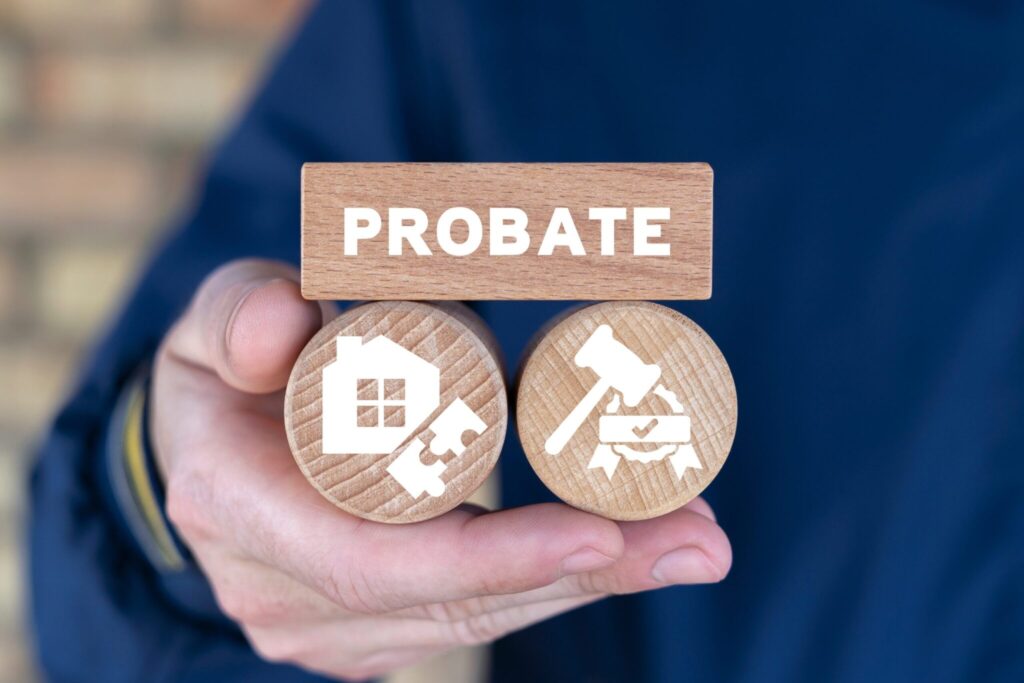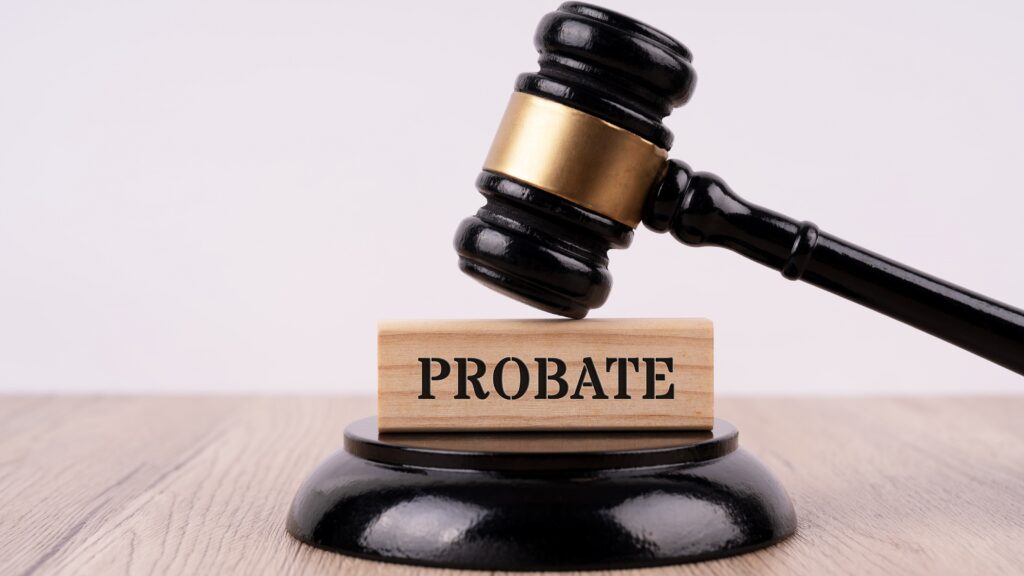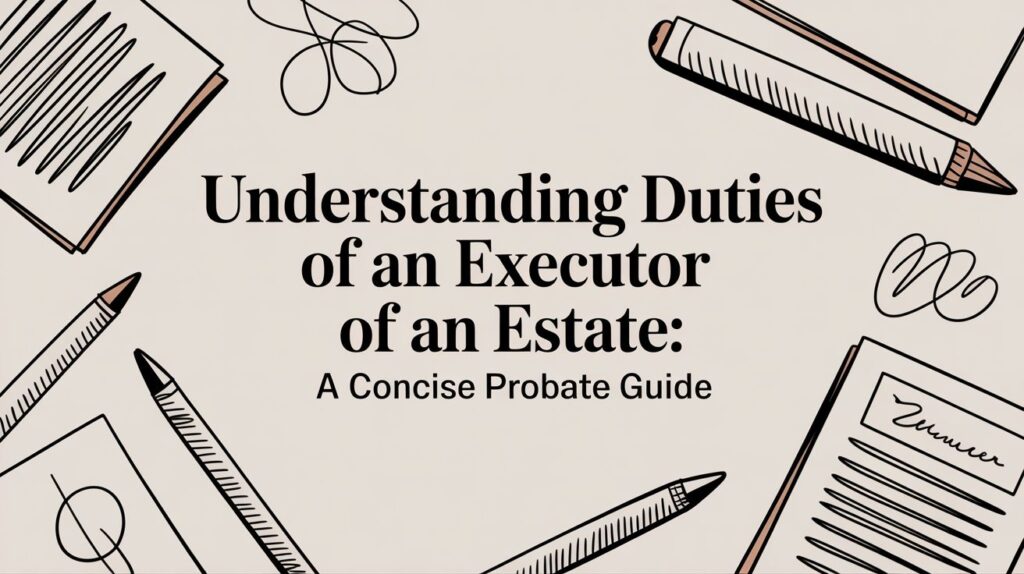Real estate is often more than just land and buildings. It holds memories, legacy, and deep emotional ties for many Texas families. Whether it’s a modest family home passed down through generations or a large parcel of rural land that’s been in the family for decades, keeping real estate in the family is one of the most important goals for many Texans. Unfortunately, when an owner dies without a solid plan, that dream can quickly spiral into conflict, confusion, and lengthy probate proceedings.
Avoiding probate drama doesn’t happen by accident. It requires intention, planning, and a clear understanding of how Texas law treats property transfers after death. Many families wait too long to have essential conversations or set things in motion, only to find themselves facing legal entanglements that cost time, money, and relationships. Let’s take a deeper look at how families can preserve their real estate legacies without getting dragged into probate court.
Why Probate Creates Problems for Families with Real Estate

Probate is the legal process through which a deceased person’s assets are distributed. In Texas, probate can be relatively efficient compared to other states. However, that doesn’t mean it’s simple or stress-free, especially when real estate is involved.
Real estate tends to complicate probate because it is immovable, valuable, and often jointly owned or emotionally charged. Unlike liquid assets that can be easily divided, real estate must be maintained, taxed, insured, and eventually transferred to someone’s name. If multiple heirs are entitled to inherit it, conflicts can arise over what to do with it—keep it, sell it, rent it out, or subdivide it. Add in unclear title issues, competing claims, or lack of a will, and you’ve got a prolonged court battle.
The longer probate drags on, the more risk there is to the property itself. Delayed upkeep, unpaid taxes, and vandalism can reduce its value. Meanwhile, legal fees and court costs can eat into any equity the heirs hoped to preserve. That’s why proactive estate planning is essential to avoid these headaches.
Planning Ahead: Your Best Tool for Skipping the Probate Line
In Texas, several legal tools allow property owners to bypass probate altogether, or at the very least, make the process smoother for their heirs. But to use them effectively, property owners need to make decisions while they’re alive and well. The most powerful concept in this context is the idea of non-probate transfers. These are legal arrangements that automatically transfer ownership of an asset upon death, without requiring court involvement. For real estate, one of the most effective options available is the Transfer on Death Deed (TODD).
Understanding the Transfer on Death Deed (TODD)
The Transfer on Death Deed is a relatively new tool in Texas estate planning law, and it’s become increasingly popular for good reason. A TODD allows a property owner to name a beneficiary who will inherit the property upon the owner’s death, bypassing probate entirely.
Here’s how it works: the deed is signed and recorded while the owner is alive, but it doesn’t take effect until death. During life, the owner keeps full control. This means they can sell the property, change the beneficiary, or revoke the deed altogether. Upon their death, the named beneficiary presents a death certificate to the county, and title passes without going through probate.
This approach avoids many of the common probate-related disputes, because the deed speaks for itself. It also reduces legal fees and speeds up the timeline for transferring ownership. However, the TODD must be carefully drafted and recorded to be effective. An improperly executed deed or one that’s never filed with the county clerk can derail the entire plan.
Other Ways to Keep Property in the Family

While the TODD is a great option, it’s not the only way to ensure real estate stays in the family. Each family situation is unique, and so are the legal tools that may fit best. Some families opt for living trusts, others prefer joint ownership arrangements, and some explore more complex planning using entities like family limited partnerships.
Living Trusts and Family Continuity
A revocable living trust is a versatile estate planning tool that can hold real estate during the owner’s lifetime and transfer it to heirs after death. The owner (or grantor) transfers the property into the trust, naming themselves as trustee and designating successor trustees and beneficiaries. Upon death, the successor trustee simply follows the trust’s instructions, transferring ownership to the beneficiaries without court oversight.
Trusts are especially useful for families that own multiple properties or properties in more than one state, since probate would otherwise be required in each state. They also allow for more privacy and control, since trust documents are not filed in public court records. Trusts do require more maintenance and upfront effort than a TODD. However, for families with significant assets or more complex dynamics, they can be well worth it.
Joint Ownership: The Pros and Cons
Another way property can pass outside probate is through joint ownership with right of survivorship. In this arrangement, when one owner dies, the surviving owner automatically inherits the deceased person’s share.
While this seems like a simple solution, it can create unintended consequences. Adding an adult child as a joint owner may expose the property to that child’s creditors, divorce proceedings, or financial missteps. It can also trigger gift tax issues or conflict with other estate planning goals. This method should only be used with full understanding of the legal and financial implications.
Pitfalls That Can Still Lead to Probate Battles
Even with these tools available, many families still fall into probate chaos due to poor planning or lack of communication. One of the most common issues is conflicting documents. For example, if a will says one thing, but a TODD or trust says another, the legal effect of the non-probate tool usually prevails. However, it can still spark fights among family members.

Another common pitfall is failing to update documents when life circumstances change. If the named beneficiary on a TODD predeceases the property owner, and no alternate is listed, the property may end up back in probate. Similarly, failing to clarify the responsibilities of co-beneficiaries can create logistical issues. For example, if three siblings inherit a house through a TODD, who’s responsible for taxes and upkeep? What if one wants to sell and the others don’t?
Clear communication and regular updates to estate planning documents are essential to avoiding these scenarios.
The Emotional Toll of Poor Planning
Legal battles over real estate can be emotionally devastating. They don’t just drain bank accounts—they strain or permanently damage family relationships. Siblings may stop speaking. Cousins may never gather again. What began as a shared legacy can become a source of bitterness and regret.
Much of this pain can be prevented through honest conversations and proper planning. Discussing what should happen to the family property may feel awkward, but it’s far better than leaving loved ones to sort it out in court. Families that take time to communicate expectations, explain decisions, and document everything tend to avoid the worst outcomes.
Planning also honors the emotional connection many families have to their land or home. Whether it’s the ranch where generations learned to ride horses, or the house where countless Christmases were spent, preserving that connection requires thoughtful preparation—not just legal paperwork, but a real commitment to continuity.
Working with a Qualified Attorney
Texas property laws are intricate, and even a small mistake in how documents are prepared or recorded can have major consequences. That’s why it’s so important to work with an estate planning attorney who understands both real estate law and probate avoidance strategies.
A qualified attorney can help identify which tools fit your family’s needs, draft documents correctly, and ensure everything is recorded properly. They can also help resolve tricky issues like unclear title, past-due taxes, or inherited property disputes. Having professional guidance ensures that your intentions are legally enforceable and your family is protected.
Conclusion: Preserve Property, Prevent Conflict
Keeping real estate in the family isn’t just a legal goal—it’s a deeply personal one. It represents stability, connection, and legacy. But without careful planning, that legacy can be chipped away by conflict, confusion, and court involvement.
Fortunately, Texas offers several tools—from Transfer on Death Deeds to living trusts—that allow families to pass property from one generation to the next without the probate nightmare. These tools work best when combined with open communication, regular updates, and legal guidance tailored to your specific situation. The earlier you start the planning process, the more choices you have—and the fewer headaches your loved ones will face. A few proactive steps today can ensure that the home or land you love stays exactly where you want it: in the family, not in court.








